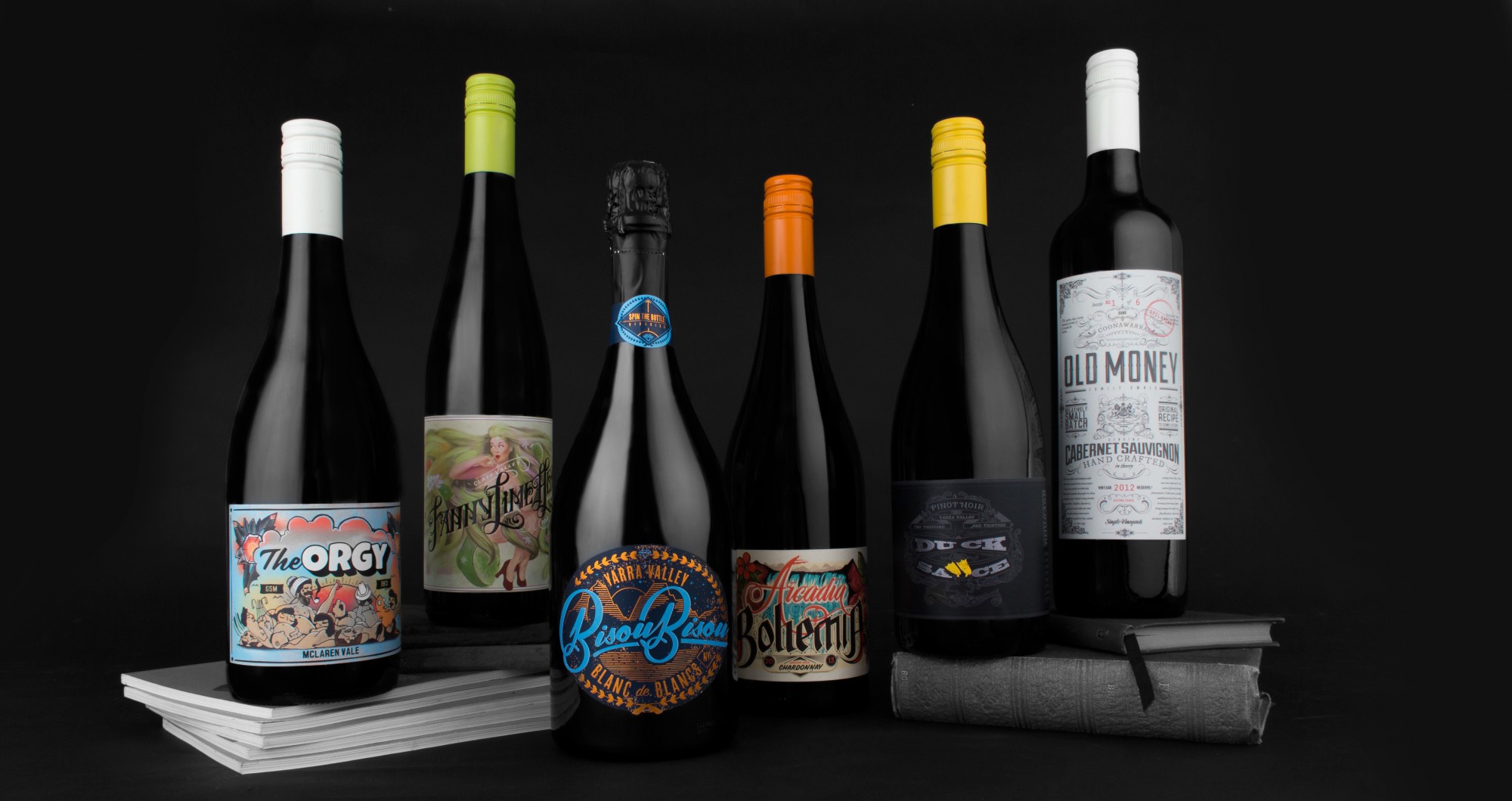Take a tour of The Big Issue with
Josh Zail
Mission (The Why):
The Big Issue was Australia’s first social enterprise, and its mission is to improve the
lives of the homeless, marginalised and disadvantaged.
Philosophy (The How):
The Big Issue empowers and engages disadvantaged Australians
with a range of job opportunities and support programs. It doesn't rely on
government funding or private donations, and it doesn't encourage the people it
helps to rely on handouts. The Big Issue has a simple yet profound philosophy: “We help people help themselves.”
Legal Structure (The What):
Big Issue In Australia Limited is an Australian Public Company, but more importantly, it’s a charity. If you
want to get specific, it’s a ‘Public benevolent institution’ and an
organisation ‘Advancing social or public welfare’, but I think we’ll stick with
‘charity’ to keep things simple.
While ‘Social Enterprise’ is a label a company may
use to describe itself, it’s important to understand that ‘charity’ is a legal
term, and a company has to fulfil strict criteria in order to register as a charity in Australia.
1. The company must be a not-for-profit, meaning it isn’t run
for the benefit of the company members, directors or other shareholders.
2. It needs to have a ‘charitable purpose’ from the specified list of 12.
3. Its charitable purpose has to provide some sort of benefit
to the wider community/general public.
4. It needs to fulfil a bunch of administrative rules,
including compliance with the governance standards, having an ABN, not being a
political party and not being involved in criminal activities.
Stuff it does (The More Interesting What):
The Big Issue Magazine was the first social enterprise in the Big
Issue family, and is probably the most widely known. It’s a fortnightly
magazine sold by homeless and disadvantaged people on the streets of Australian
cities. A copy costs $7, and half of that goes directly to the vendor. More
than 9 million copies have been sold on the streets of Australia in the
magazine’s 20-year history!
Following on from the success of the Magazine, The Big Issue Women’s Subscription Enterprise provides employment for homeless and
marginalised women, packing copies of the Magazine for distribution to
subscribers.
The impressive list of social enterprises that have been
launched by The Big Issue goes on, from the Community Street Soccer Program to The Big Issue Classroom and The Big Idea.
What it does well:
The Big
Issue is the perfect example of a social enterprise having positive impact
while doing business, rather than earning a stack of money doing business, then creating social impact by giving some of it to charity.
When The Big Issue succeeds from a business perspective, it’s achieving its
social mission: the homeless, disadvantaged and marginalised benefit directly.
It’s an ideal alignment of the economic and social missions; the enterprise
doesn’t have to neglect one in order to further the other. The Big Issue has
cleverly negotiated two of the biggest challenges faced by every social
enterprise, putting it in prime position to lend a hand to those who need it most.
Opportunities (Exciting stuff on the horizon):
The Big
Issue just keeps growing, heading off in new directions but always staying true
to its mission. One exciting new project is Homes for Homes, which deviates
from the path of providing employment to the disadvantaged, but I think that it
has potential for huge impact. This video is much more interesting than my
rambling, so I‘ll just let you watch it now…
Unfair Advantage (why it deserves an entire blog post):
A few weeks
ago, I bought a copy of The Big Issue Magazine. I bought it because I felt
sorry for the vendor, and I wanted to do some good. I shoved it into my
backpack, satisfied that I’d done my good deed for the day, and immediately
forgot about it.
Yesterday I
spotted it hiding in the corner of my bedroom and, since I was writing a blog
post on the enterprise, figured it couldn’t hurt to have a read. I was blown
away by the quality of the articles, and the overall professionalism of the
magazine. This is The Big Issue’s Unfair Advantage. There are plenty of
companies that produce riveting magazines, and quite a few that have real social
impact, but only The Big Issue can do both.
The quality of the Magazine makes
perfect sense given that social benefit is maximised when business is booming,
yet it still surprised me. Reader Kath Jones captured it pretty well when she
posted on The Big Issue facebook page “Thank you TBI, you improve the lives of
more than just your vendors.”
Final Thoughts:
The Big
Issue is just a magazine, and yet somehow it’s so much more. When you buy the
Big Issue it’s not about purchasing a magazine, it’s a chance to Meet the
vendors, Play some street soccer, Learn in a classroom workshop, and Change a
life. It’s a great read, and an opportunity to get involved with an organisation
that’s having real impact. Now that’s a social enterprise.

